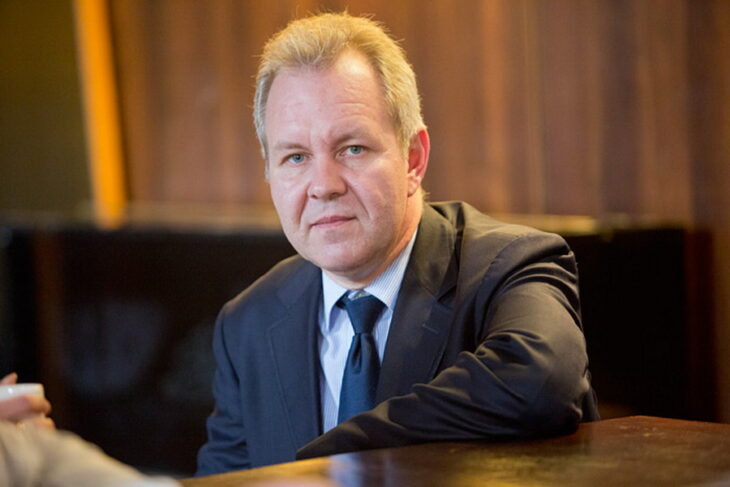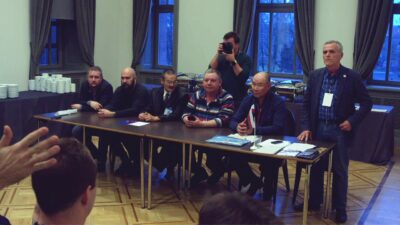
For more than two weeks now, Russian dissenters have been discussing in their blogs and social networks the disappearance of Navalny, who seems to have departed from one prison but has not appeared anywhere else. At the same time, repression is growing against artists, from the arrested singer Charlot, who recently burned his Russian passport, to the writer Akunin, who was recently declared a terrorist and extremist. In all these cases, I am particularly impressed by the fact that only a very limited number of people are interested in what is going on: the whereabouts of “oppositionist No. 1” are discussed only by his supporters and those who subscribe to websites associated with the ACF; none of his colleagues have stood up for the artist sitting in a pre-trial detention center; publishing houses and stores that made money from the books of Russia’s highest-grossing fiction writer are competing to be the first to take his works off the shelves, even though the books themselves are not considered extremist literature.
All these moments bring to mind events of the relatively recent past: in November 2018, after the arrest of the rapper Husky for 12 days, a whole host of popular artists organized a concert under the slogan “I will sing my music!”, after which their colleague, who had not served a few days, was released. In 2021, when the same Navalny returned from Berlin and was arrested, rallies were held in dozens of Russian cities, during which more than 10,000 people were detained. The number of letters in support of artists signed in recent years by their colleagues and admirers was measured in the hundreds. Today, however, it is clear: there is a deafening silence in the country. Any person can disappear – both oppositionist and loyalist – and out of 600 thousand followers of his social networks two people will come to the courthouse where the case of his arrest will be heard, and 20 people will come to the trial, which will be held to award him a sentence, just to make sure that the hearings are of a closed nature.
Of course, this is partly due to the fact that the further tightening of political screws, which began after February 24, 2022, drove a significant part of politically active Russians abroad, but this cannot be an exhaustive explanation. Of course, there is much evidence that people are afraid of reprisals and therefore fear to show their discontent in any way. However, in my opinion, the majority of people “lie low” primarily because they realize the meaninglessness of any action: everything seems predetermined by the will, if not of one person, then of a coordinated team, which is impossible to resist. Russians – and I wrote about this many years ago – are very rational people: they have no desire to take meaningless actions. And they have known for a long time that the best way to save themselves from problems with the state is to go it alone. Of course, this tactic costs thousands dearly, but millions still survive – this was the case even in the times of the Great Terror.
Russian society, whether “internal” or emigrant, is accustomed to silence: the former is already completely and irrevocably silent, while the latter is not quite there yet, but in the future it too will be depoliticized, because meaningless activity will not last forever. Putin’s system has become much stronger during the last years of the “new course” than during the first 20 years of its existence: as it turned out, no techniques of the “enlightened opposition” work against force, and this is the main feature of the new reality…




